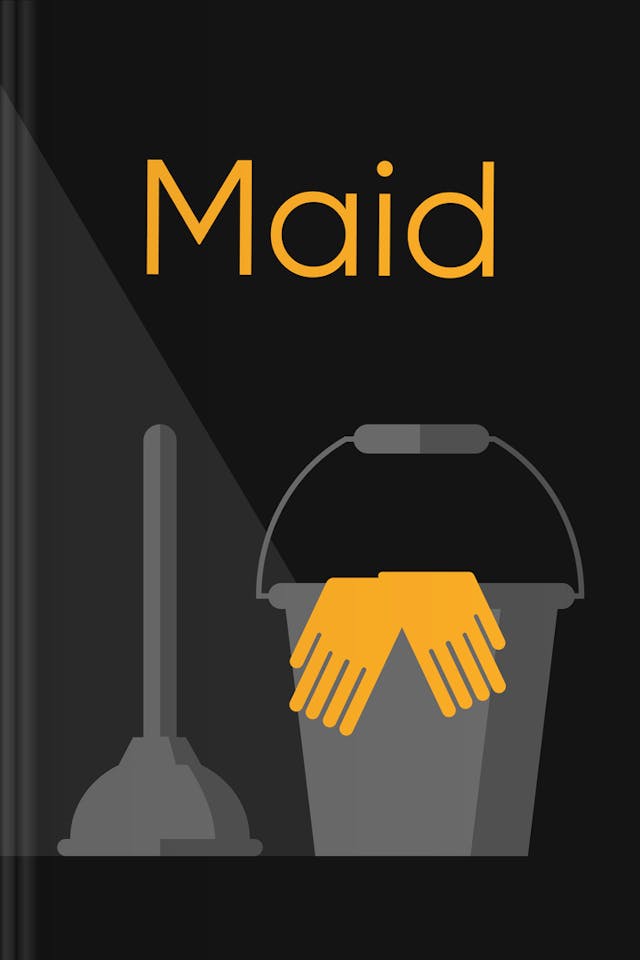You’ll learn
- What barriers low-income workers face
- How stereotypes affect the poor
- The true cost of poverty
- How small victories change lives
- Why community support is vital
Protect the world’s peace. Donate to support Ukraine

first KEY POINT
Maid is a memoir for the poor, not simply for Stephanie Land and her family, as it depicts the challenges of low-income individuals and families. Stephanie Land, like many American women, had huge goals and wanted to fulfill “The American Dream.” But when her fugitive companion got pregnant, she had to fend for herself and the kid.She grew up wanting to be a writer, inspired by her love of literature. In Missoula, in the University of Montana's creative writing department, she planned to save up. She had to take low-paying employment in the city. Like her, many other women who have a desire but lack cash must settle for this demeaning employment. This is partly attributable to low-wage workers' lack of access to social services.
She had a goal to reach financial independence, but she now had a child. Social services assistance wasn't adequate to care for her and the baby, let alone save. This is the fate of many poor families, who never have enough credit to save or better their life. Stephanie Land, a single mother, had to deal with this and find a way to triumph.
Her tale should motivate and guide others to strive for self-improvement, overcome barriers, and triumph over them. This topic recurs throughout this summary as Stephanie Land struggled with her everyday maid work and was reminded of how much better her clients' lives were than her own. She needed money to begin her journey of self-empowerment, but she didn't get it, and neither did the poor in America. This summary examines the life of the average American who struggles to make it in a country that’s not making enough provisions for the poor. It also encourages individuals worldwide who have it tough. If you’re struggling with life in one way or another, this tidbit is ideal for you.
second KEY POINT
It's exhausting trying to solve poverty. Stephanie Land's struggle is one that usually fails and consumes most who attempt it. The inadequate familial support of single mothers contributes to the intractability of poverty.Many people and families struggle to make ends meet without the financial support of their family. Like Stephanie Land, many poor single mothers are virtually alone. Stephanie Land's father, who might have helped, was broke, as was her grandfather, who wished to help. This exemplifies the cycle of poverty in the US. The prospects of a family in poverty rising out of it are minimal.

Continue reading with Headway app
Continue readingfirst KEY POINT
second KEY POINT
third KEY POINT
fourth KEY POINT
fifth KEY POINT